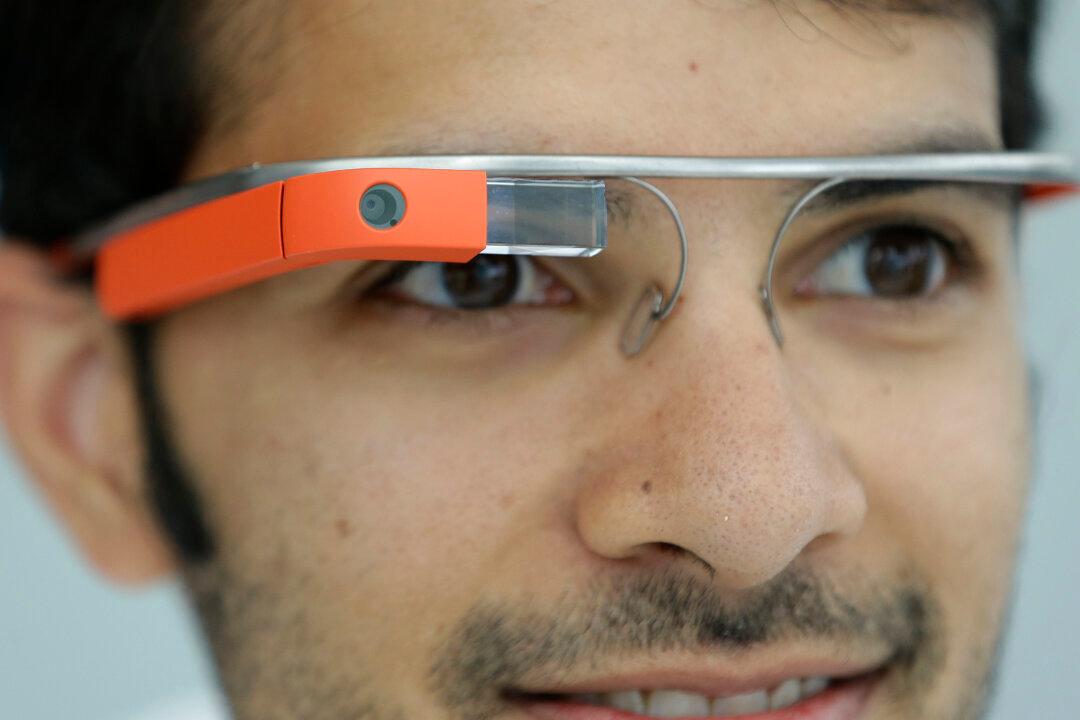If you’re in business and want to be perceived as a leader, wearing the newest tech tool, such as Google Glass, may help your image. Tech-savvy women benefit most, the research suggests.
“Familiarity with and usage of new high-tech products appears to be a common manifestation of innovative behavior,” say Steve Hoeffler, associate professor of marketing at Owen Graduate School of Management at Vanderbilt University, and Stacy Wood, professor of marketing at Poole College of Management at North Carolina State College.
“Those who are tech savvy are also perceived as authoritative on other subjects and as leaders,” they write in a recent study published in theJournal of Product Innovation Management.
For one part of the study, interviews were taped using actors who were categorized by their appearance and other factors.
“We taped them once where they took down a note using an old-fashioned calendar, then did another one where they whipped out an electronic calendar and did it that way,” Hoeffler says.
When test subjects viewed the interviews, they overwhelmingly viewed the actors using the electronic calendars as being more authoritative.
Another part of the study used resumes that were all similar except for hobbies, which were varied to signal whether the subjects were high tech or not. Again, the high-tech candidates came out ahead.
WOMEN GET TECH BOOST
In the trials, women who used technological gadgets benefited more than their male counterparts.
“This finding runs counter to the backlash effect typically found in impression management research in business settings,” Hoeffler and Wood write. “Female job evaluations typically suffer after engaging in the same self-promoting impression management strategies that benefit their male counterparts.”
Actually being able to operate the devices really isn’t all that important, provided you know enough to look reasonably competent, Hoeffler says.
“Just possession is 90 percent of the game,” he says. “And there are maybe 10 percent of situations where you have to display the ability to use it.”
Source: Vanderbilt University
Republished from Futurity.org under Creative Commons license 3.0. Read the original.

